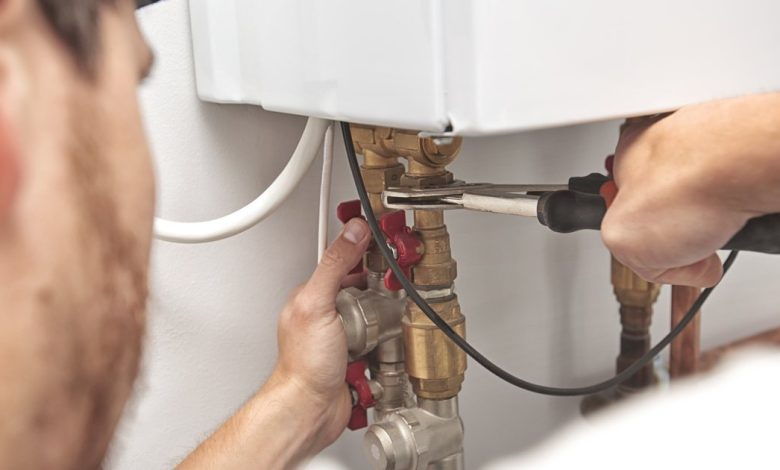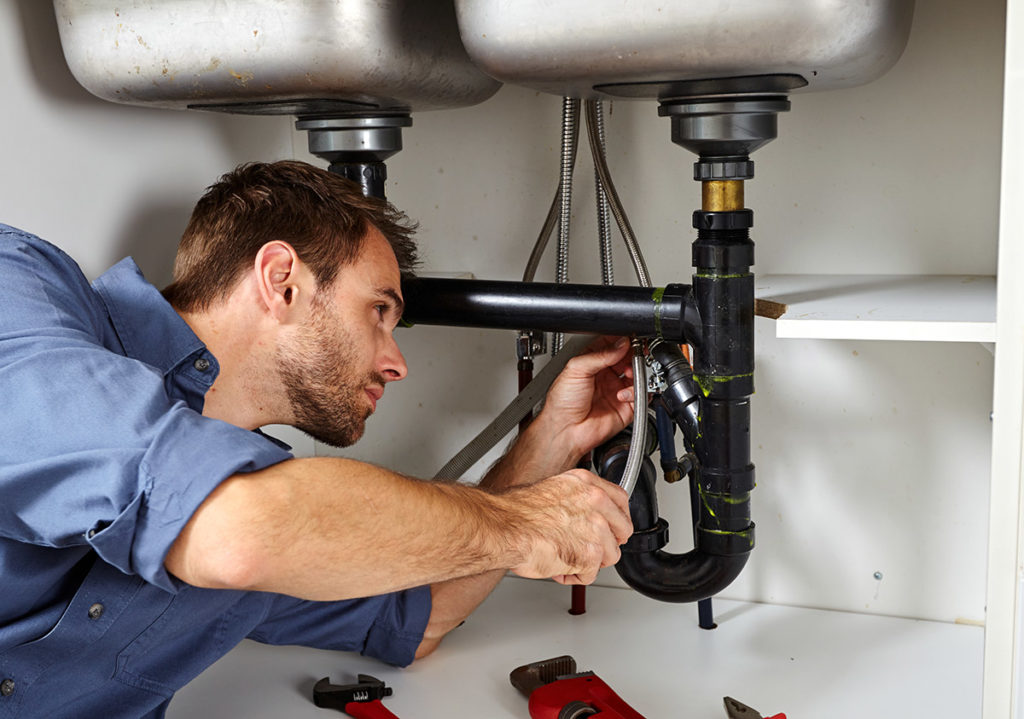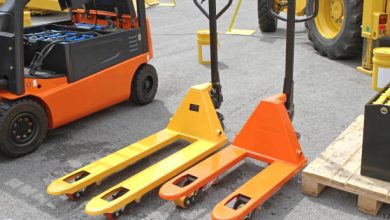Business
Top Reasons Why You Need a Boiler Repair Service

What is a boiler
Given the name “boiler”, it might be a bit misleading, and you might think a boiler does boil water. Instead, it turns water into steam. What’s more, they can be used to heat your home, generate power and, of course, heat water.
Different types of boilers
- Combination boiler: combination boiler is a type of boiler that provides both central heating and hot water in the same system. It can provide hot water on demand, achieving this via combustion, e.g., by burning fuels such as gas or oil and last between 10-15 years. Furthermore, their compact size makes them an ideal choice even for small properties, and if you are looking for an energy-efficient boiler, this is the best option.
- System boiler: this boiler does not need a cold-water tank; instead, it has a hot water cylinder. Water comes directly from the main pipes, then heated and stored in the cylinder. And if the heated water is finished, you will have to wait until the cold water is stored and heated again.
- Conventional boiler: a conventional boiler has both a hot water cylinder and a cold-water tank; therefore, it takes more space than other boilers. It is ideal for larger properties where multiple taps may be open simultaneously. For instance, one could be doing the dishes, taking a shower or might be running a lot of laundries.
- Gas: the cheapest option is a gas boiler as it almost functions like a furnace. It uses a boiler that ignites natural gas and heats the pipes through which water travels.
- Electricity: although these boilers are the eco-friendliest option, they cost more per month than gas or oil boilers.
- Oil: oil boilers require an oil tank which means they take up more space. They burn the oil and work similarly to a gas boiler.
Reasons and signs, you need a boiler repair or replacement.
- Save on boiler repairs: you can save a lot of money if you have regular Boiler Repair Perivale on your boiler to ensure it is working correctly. By catching problems early can keep your repairing cost very low; otherwise, it would become very costly.
- Save lives: when technicians service or repair your boiler, they have safety tests that they perform while servicing your boiler. It can be fatal if there is a leakage of carbon monoxide, which is why it is imperative that these repairs happen regularly.
- Reduce your bills: when you regularly maintain your boiler, it is less likely to break down. It will not only be much safer and run more efficiently, but it will reduce your energy bills and make sure that your boiler components have a longer life. Moreover, you can reduce your bills by switching to an efficient thermostat, adjusting your building controls or adjusting your boiler setpoint.
- Ensures insurance coverage: most insurance policies and boiler warranties require that the owner is taking enough measures to make sure the boiler is safe and sound to use. They have large expenses and potential liability; regular and frequent service of your boiler will make sure you are following all insurance policy requirements.
- Try to catch problems early: when you make sure that your boiler gets regularly serviced, you allow your technician or engineer to be able to analyse and identify any issues

Common problems which might indicate it is time for a boiler repair.
- Your boiler is too old: if it is more than ten years old, you will most likely need to replace it. Like any other appliance in the house, a boiler also experiences many issues over time. Even if you think your boiler has no problems, older boiler loses their performance and efficiency and can be unsafe. Other than that, corrosion is a major sign of an ageing boiler. Corrosion happens when the metal and water are in contact with oxygen, meaning there is a potential leak somewhere in the boiler.
- Boiler is making strange noises: boiler should not be making any noises, and if yours is making one, then it means there is a problem. For instance, a loud buzzing or humming could be an issue with the boiler’s circulator pump. Meanwhile, if the return lines are not sloped back down towards the boiler enough, water can get trapped inside the lines, and your boiler could make sounds like knocking or banging.
- Your boiler is using more energy: there are other less apparent signs other than loud noises and corrosion, i.e., if your boiler experiences a decrease in energy efficiency, it is pointing towards a major problem that needs addressing, meaning you need a Boiler Repair Chiswick.




